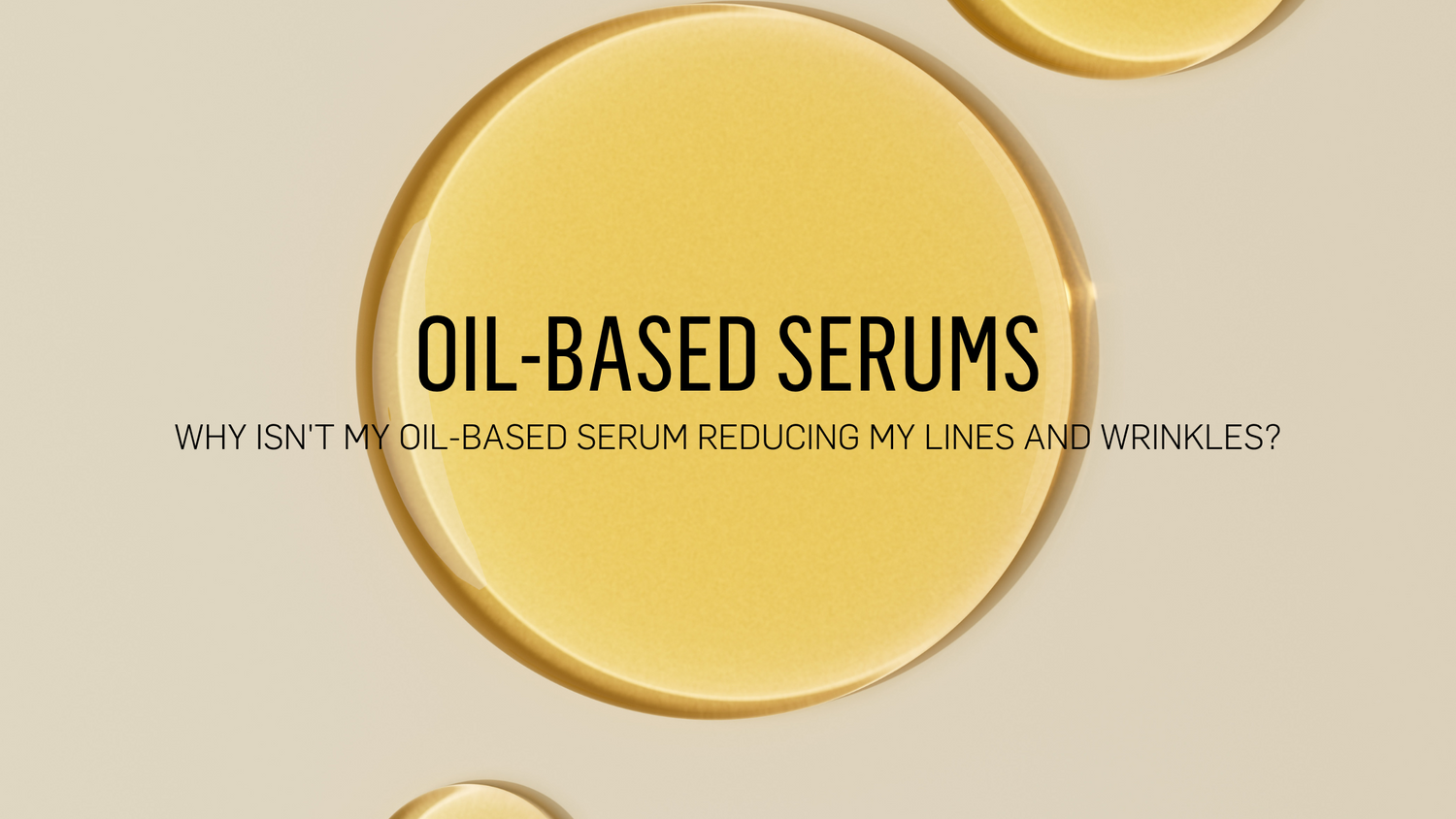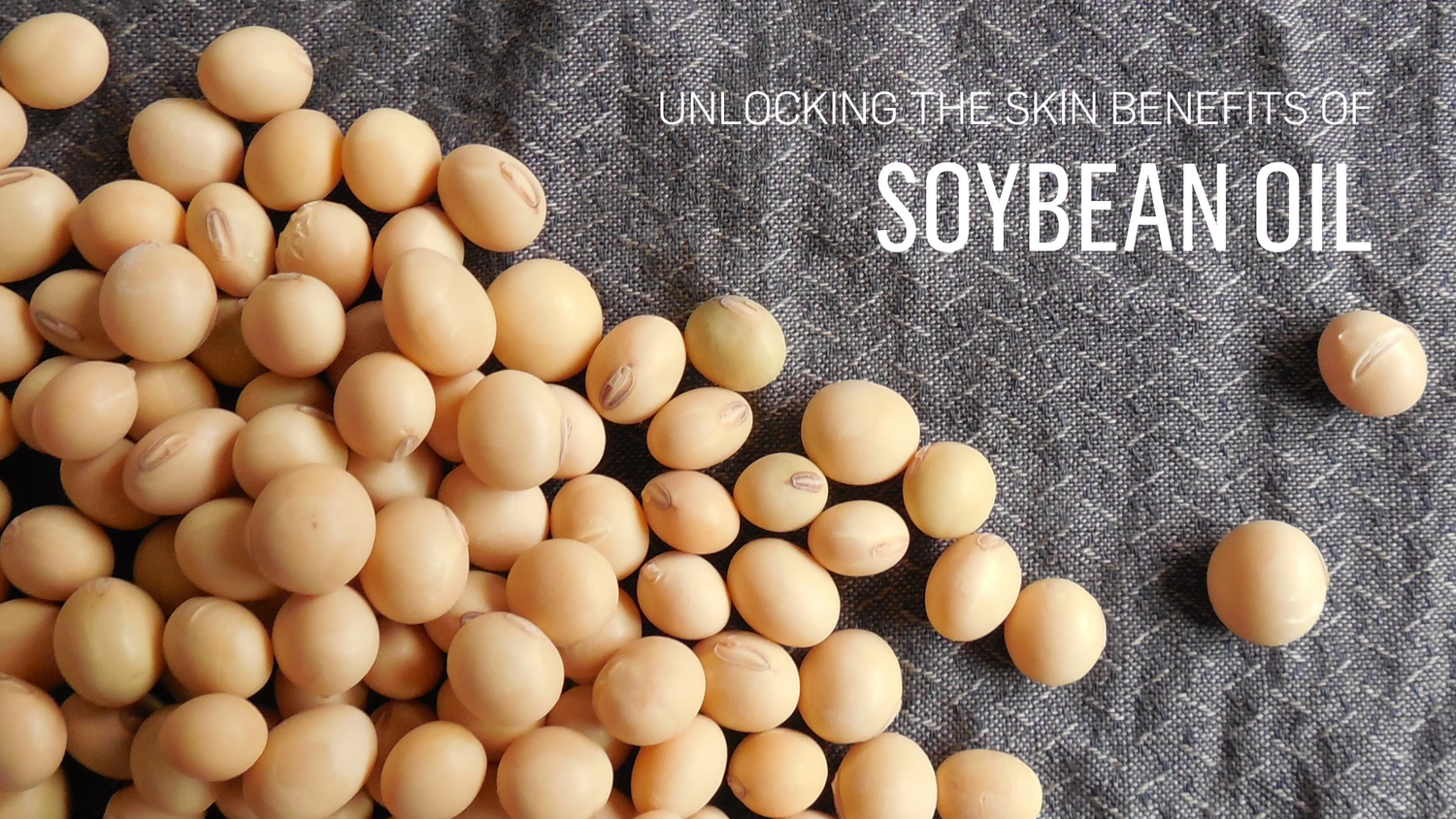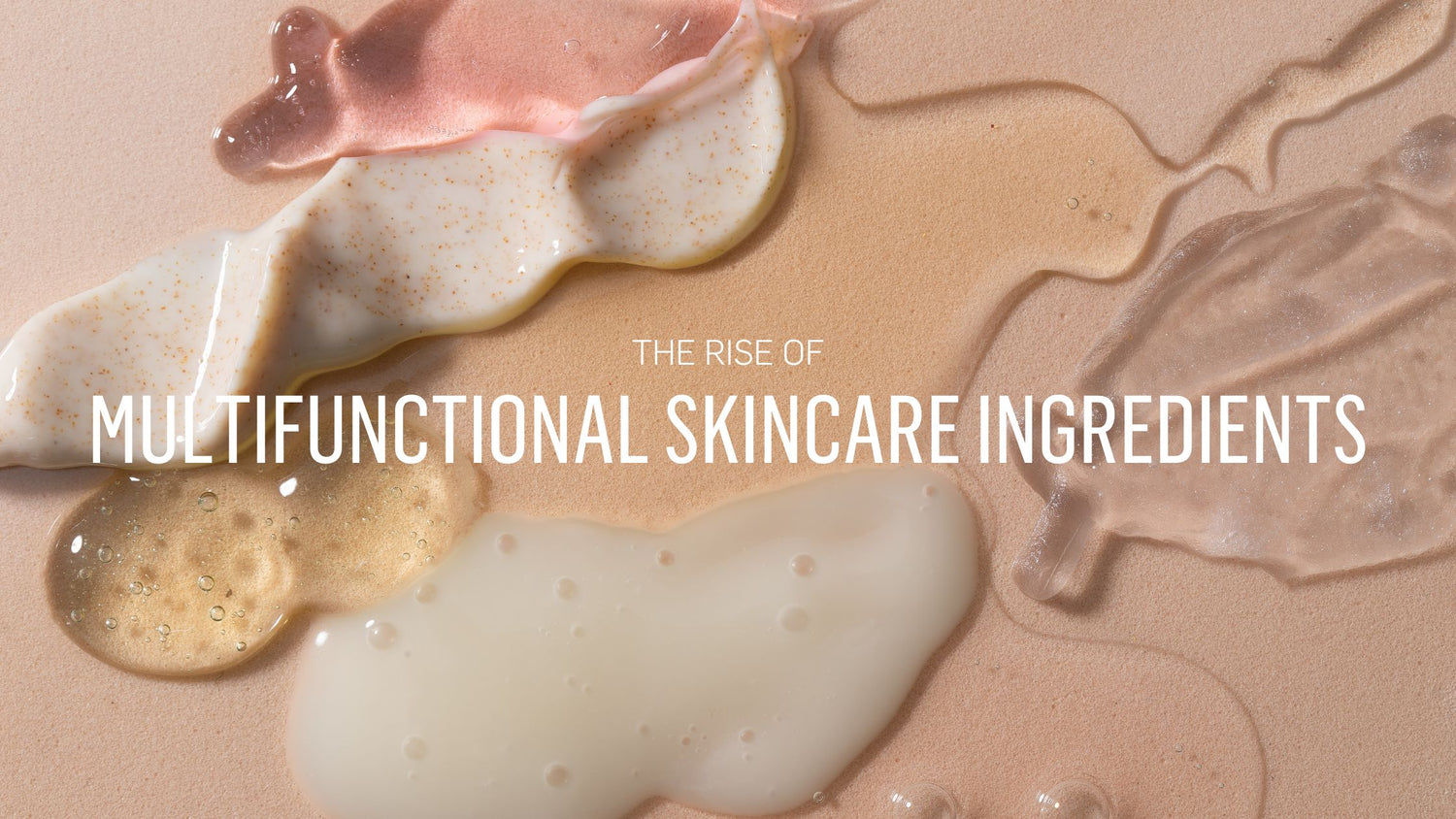In the ever-evolving world of skincare, one ingredient has taken the beauty industry by storm in recent years - Hyaluronic Acid. It's hailed as a wonder molecule for its ability to deliver unparalleled hydration and a youthful glow to the skin. Who wouldn't want that right?
In this blog post, we'll explore what hyaluronic acid is; how it's derived for skincare so you know what you out on your skin; its incredible benefits; and even dive into the world of hyaluronic acid fillers - though needles are not my cup of tea.
What is Hyaluronic Acid?
Hyaluronic Acid (HA) is a naturally occurring substance found in our bodies, primarily in our skin, connective tissues, and eyes. It's a sugar molecule that acts as a cushion and lubricant, helping to maintain moisture in the skin and joints. As we age, the production of HA decreases, leading to the development of fine lines, wrinkles, and loss of skin elasticity. The joys of aging...
Deriving Hyaluronic Acid for Skincare:
In skincare, hyaluronic acid is typically derived from two sources: animal and plant-based.
- Animal-derived HA is extracted from rooster combs - this is the red flesh at the top of a rooster’s head. Like humans, other animals also produce HA in their bodies, and the rooster’s comb is considered one of the best animal sources.
- Plant-based HA is obtained through microbial fermentation - it is a fancy way of saying where microorganisms like bacteria or yeast are used to produce hyaluronic acid in a controlled environment.
Plant-derived HA is the more ethical and sustainable option, making it preferable for those who are conscious of their environmental impact.
Benefits of Hyaluronic Acid:
-
Intense Hydration: HA has a remarkable ability to hold up to 1000 times its weight in water, making it an excellent humectant. It attracts and retains moisture, instantly plumping and hydrating the skin, leaving it soft and supple.
-
Improved Skin Texture: Regular use of HA can lead to smoother, more refined skin, as it helps reduce the appearance of fine lines and wrinkles.
-
Enhanced Skin Barrier: HA strengthens the skin's natural barrier function, protecting it from environmental stressors and pollutants.
-
Non-Comedogenic: HA is suitable for all skin types, including sensitive and acne-prone skin, as it is non-comedogenic and won't clog pores.
-
Collagen Production: Some studies suggest that HA stimulate collagen production, contributing to firmer and more youthful-looking skin over time.
Experience the benefits of this superhero ingredient with our vegan/cruelty free eye cream formulated with plant based hyaluronic acid!
Hyaluronic Acid Fillers:
Hyaluronic acid fillers are a popular cosmetic procedure used to restore volume, plump lips, and reduce the appearance of wrinkles. Here are some pros and cons to consider if you're thinking about trying them:
Pros:
-
Immediate Results: HA fillers provide instant gratification, with noticeable improvements immediately after the procedure.
-
Minimal Downtime: Compared to surgical options, there's little to no downtime with HA fillers.
-
Reversible: One of the major advantages of HA fillers is that they are reversible. If you're not satisfied with the results or experience complications, your dermatologist can dissolve the filler using hyaluronidase.
Cons:
-
Temporary: HA fillers are not permanent, and the effects typically last between 6 months to 2 years, depending on the product and the individual.
-
Cost: Regular maintenance can add up over time, making this option costly compared to a good skincare regimen that addresses the root cause of the skin issues.
-
Bruising and Swelling: Like any cosmetic procedure, HA fillers come with the risk of bruising and swelling, which can take a few days to subside.
-
Allergic Reactions: Although rare, some people may experience allergic reactions to HA fillers.
Hyaluronic Acid is undoubtedly a skincare superhero, offering a wide array of benefits, from intense hydration to improved skin texture and barrier function for all skin types. My personal preference is to look for this active ingredient in serums, eye creams, and moisturizers but if you opt-in for a filler I would love to hear about your experience.










